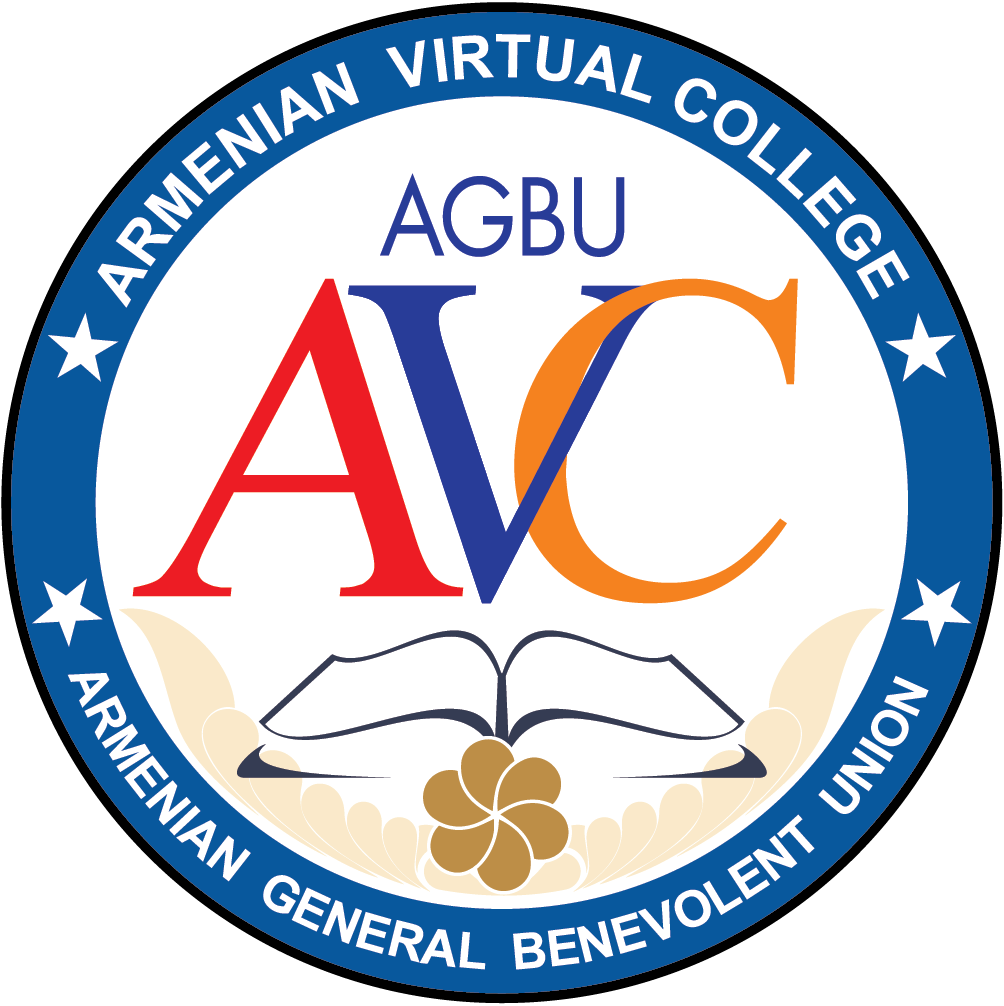Narine Stepanian, a Los Angeles based attorney, has worked on a number of Armenian political asylum cases from around the world, including Turkey and the republics of the former Soviet Union. She admits that she handled those cases with extra zeal, in order to have the courts recognize the persecution that Armenians had suffered on the basis of their ethnicity and religion.
Narine was born in Baku, Azerbaijan, where her family lived for generations. As in other parts of the Soviet Union, where national minorities used to speak only in Russian, Narine did not know Armenian while they lived in Baku. Moreover, she experienced discrimination against Armenians both in Azerbaijan and Russia.
She jokingly admits that fighting for her Armenian identity "has built my character, and maybe that is why I am a lawyer today." In 1991, Narine and her family moved to San Francisco, where there was not a large Armenian community.
She earned her bachelor's degree from UC Berkeley. In 2001, she obtained a Juris Doctorate from Hastings Law School. She worked for a number of law firms until 2005, when she founded her own law firm.
In 2008, Narine met her husband, Gilbert, and the couple relocated to Los Angeles in order to be closer to the large Armenian diaspora there. She credits her husband with teaching her to speak Armenian and with encouraging her to take Armenian language courses. Narine and Gilbert have three children: Edward, Robert and Christina. Narine's children attend a local Armenian pre-school, where they are learning Armenian.
"I have read Raffi and Charents all in Russian, and it bothered me that I was not able to read them in Armenian," says Narine. "My four year old boy, Edward, can read in Armenian now, and he even does math in Armenian."
After having children, Narine learned to read Armenian on her own in order to be able to read children's books to her children every night. In the beginning, she would practice reading a book ahead of time in order to read it fluently in front of her children.
After extensive online searches, Narine came across the Armenian Virtual College and immediately signed up for the Armenian language course. That was in April of 2013, and she has already completed three courses of Eastern Armenian. She says that she also intends to take Armenian literature courses.
Narine thinks that language is the key in understanding one's culture. "Culture is a treasure box, and language is the key to open it. I think it is the first thing you lose when you begin losing your ethnic identity," adds Narine. "If you do not learn the language you begin to lose that connection with other Armenians anywhere around the world, and you just don't feel related in the same way."
Narine says that AVC gave her the tools to learn Armenian and increase her vocabulary. She believes that AVC gives Armenians all around the world a lifeline - an opportunity to preserve one's Armenian identity, and to protect it from assimilation.
by Harout Ekmanian









